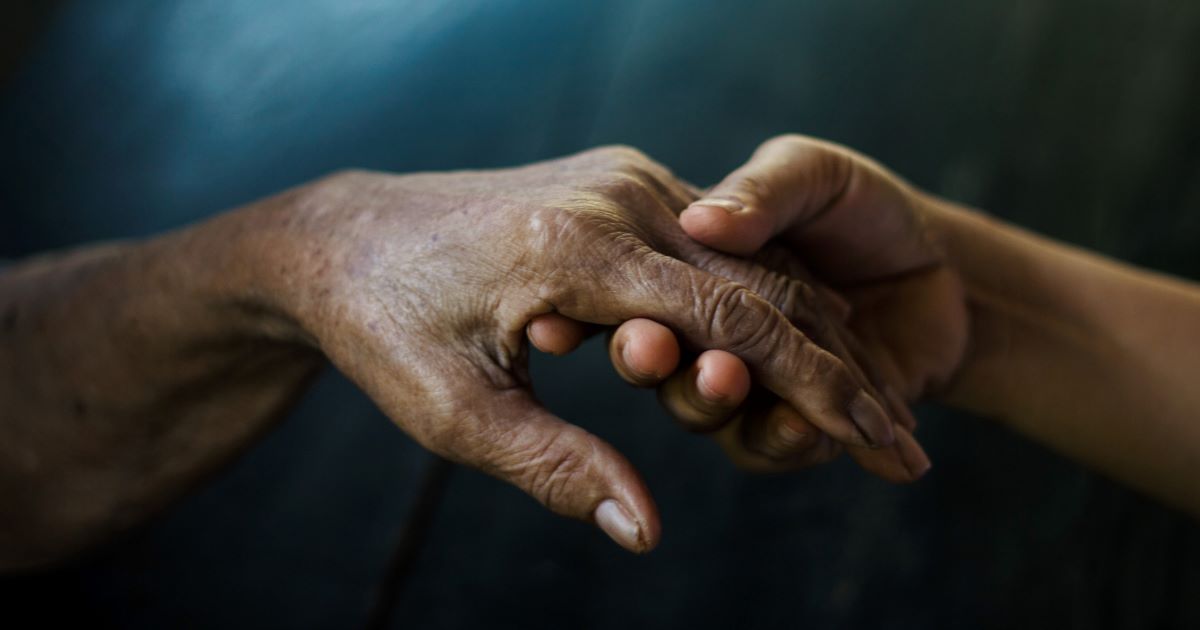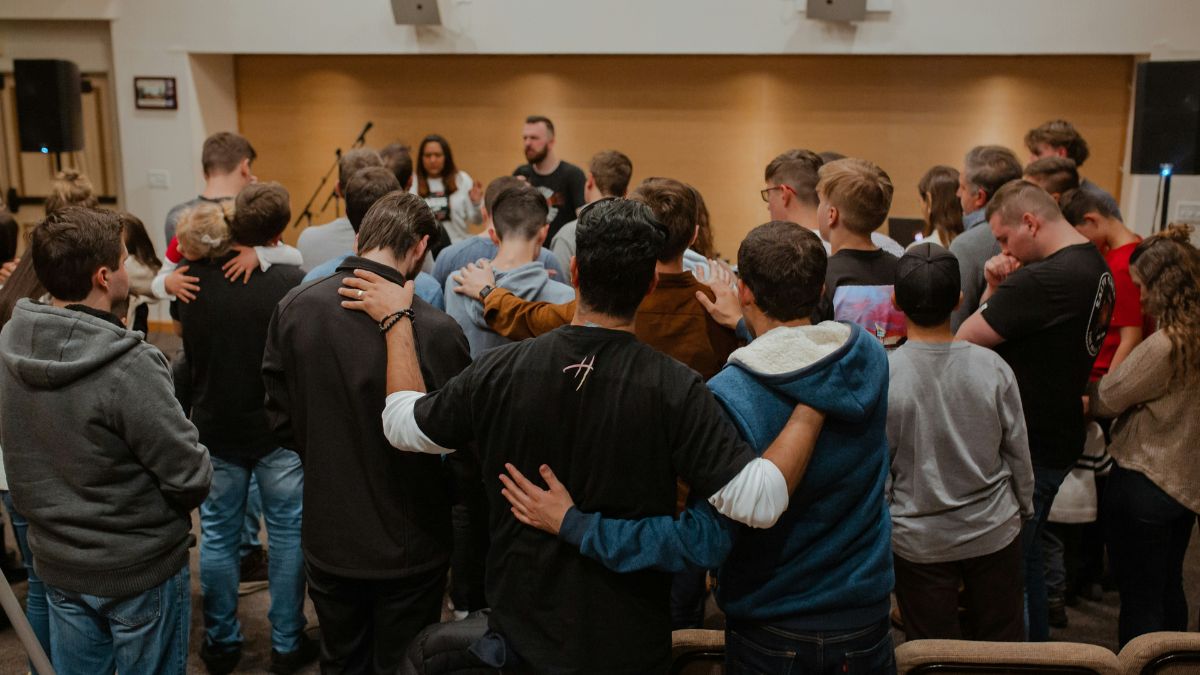


As the world reels from the events of the past few months and looks anxiously towards whatever this autumn will bring, the Colson Center is sponsoring a weekly moment of prayer. Each Wednesday, a guest will share in leading us in a time of devotion and corporate prayer.
This week, Rick Warren of Saddleback Church joined John Stonestreet for our first weekly prayer. As part of his devotional message, Pastor Warren reminded the Church of the holistic nature of its divinely ordained called to love the world.
Below is an edited excerpt of his comments, or you can listen to his entire message.
Here is Rick Warren:
Most people don’t know that the church invented the hospital. Not business, not government. It was Christians who invented the hospital and it was invented during a plague. In the second century and in the third century, after Christ went back to heaven, there were two giant plagues in the Roman Empire, one in the second and one in the third century.
In both of those cases, the people didn’t know what to do, because they certainly didn’t know about germs or infections or viruses, things like that. Millions of people were dying in the Roman Empire. Actually, the nonbelievers started fleeing the cities during the pandemic because that’s where it was happening most, was in the urban areas. They started fleeing the cities.
It was in that time, both of those pandemics, that Christians ran into the city. Christians run toward pain, we don’t run from it. We run toward pain as an opportunity for ministry and mission, and they ran into the city to care for the sick and the dying.
That’s where the expression “See how they love one another!” came from, because we were caring for the sick and the dying in the urban areas of the Roman Empire. During that time, it was believers who invented a new way of caring and showing hospitality to the people who were sick and dying and invented what later became the modern hospital, where we were showing hospitality.
People are most likely to come to Christ when they’re under tension or in transition. When they’re under tension means the stresses we’re feeling right now, or in transition when there’s a major change, it could be a positive change. New baby, graduation, just got married. That makes people more spiritually open, or it could be a negative change. Death, divorce, disease.
When COVID hit, I was in a series that I was getting ready to launch on our vision for the next years ahead and I quickly pivoted to James because James is a very practical book written to people who were in pain, like Peter’s book. I called it a faith that works when life doesn’t. I said, “It is the healthcare community’s job to care for the disease, but it is the church’s job and it’s my job as a pastor, to help you with your dis-ease,” the stress that’s caused by the pandemic.
As we move toward this election, this obviously is going to be the most unusual election in our history. It might be not election day. There might be multiple days and we don’t even know how everybody’s going to vote right now. But in this time of transition and in this time of tension, when people are under stress, people are more likely to come to Christ than at any other time.
I think that the pandemic has shown a fundamental flaw in how we do church, because many churches, all they have is a worship service and if you take that away, there’s really nothing left of the church. Yet God has called the Church to do five things, not one. If you take the five verbs of the great commandment and the great commission, we are to go make disciples.
He said, love God with all your heart and soul and mind and strength. That’s called worship. Love your neighbor as yourself. That’s called ministry or service. Go make disciples. That’s evangelism. Teach them to do everything I’ve commanded you. That’s discipleship. And baptize them in the name of the Father, Son and Holy spirit, bring them into the fellowship. It’s an inclusion or we’re baptized into the body of Christ. We’re not just believers, we’re belongers.














